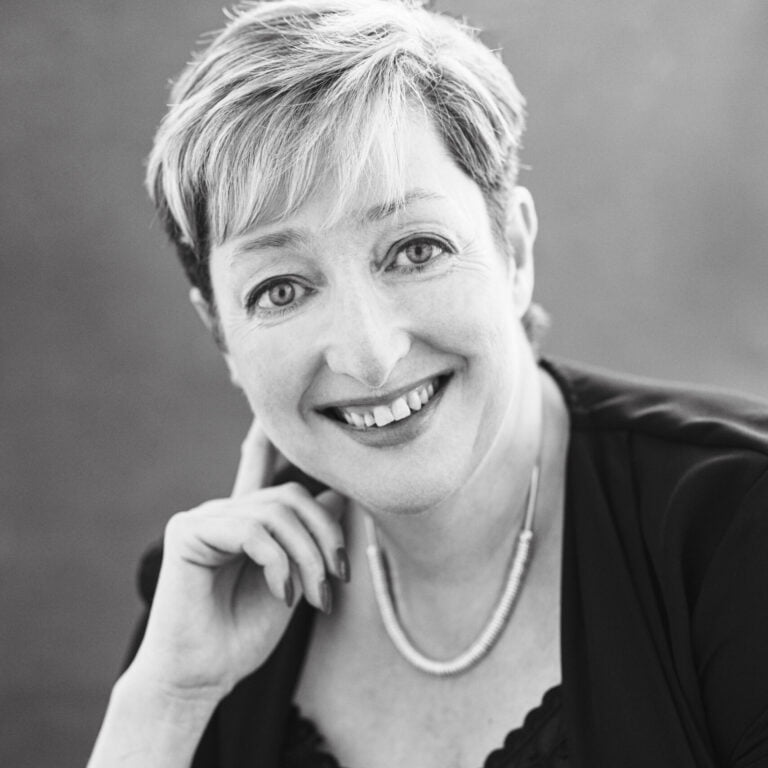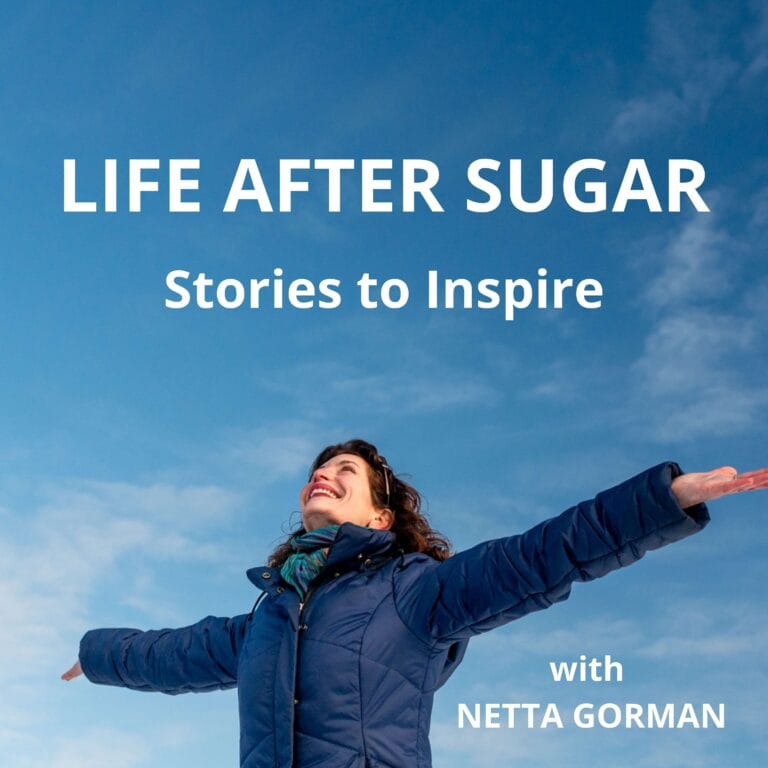-
9AM - 5PM
My “Tales of Transformation” Podcast Conversation: A Deeper Guide to Grief
Your grief is a testament to your love. It doesn't follow a straight line but ebbs and flows. Create rituals that honour your loved one, find your support circle, and remember—you're integrating loss, not recovering from it.
A companion resource to my interview with Ann Girling on the “Tales of Transformation” podcast
After sharing my story on the Tales of Transformation podcast with Ann Girling, I’ve been reflecting on what might be most helpful for those of you walking your own grief journey right now. While each person’s experience of loss is uniquely their own, there are some universal truths about grief that aren’t often discussed. As someone who has both lived through profound loss and now guides others as a psychotherapeutic counsellor specialising in bereavement, I wanted to offer these insights as a companion to our conversation.
The Hidden Dimensions of Grief
What many don’t realise until they experience it is that grief lives in your body. After Simon died, I experienced exhaustion unlike anything I’d known before. Simple tasks felt monumental. I had headaches, digestive issues, and my immune system seemed to falter.
If you’re experiencing physical symptoms during grief, please know this is normal. Your body is processing trauma just as much as your mind is. Be gentle with yourself. Rest when you need to. Drink water. Try to eat something nutritious, even when you have no appetite. Your physical wellbeing matters, especially now.
The Nonlinear Path
One day you might feel like you’re coping, even seeing glimpses of light. The next, you’re back in the darkness as intensely as day one. This isn’t failure or regression but the natural rhythm of grief.
I remember nine months after Simon died, I had several good days in a row. I thought, “Perhaps I’m turning a corner.” Then his birthday arrived, and I couldn’t get out of bed. The wave crashed over me again, and I felt like I was drowning.
Grief doesn’t follow a straight line. It spirals, circles back, jumps forward and retreats. Allow yourself this nonlinear journey without judgment.
What Grief Needs Most
There is no “right way” to grieve. Some need to talk constantly about their loved one. Others process silently. Some throw themselves into work. Others need to step back from responsibilities.
Your grief journey belongs to you. Don’t let anyone tell you that you’re grieving incorrectly, too much, too little, or for too long. Your relationship with the person you lost was unique, and so too will be your grief.
Creating Rituals of Remembrance
After Simon died, I struggled with how to keep his memory alive for our children. I learned the value of creating rituals that acknowledge both our loss and our ongoing love.
These needn’t be elaborate. For us, it was as simple as lighting a candle on special days, sharing memories over dinner, or visiting places he loved. When Oliver was older, we planted a tree for Simon, something living that would grow as our lives continued without him physically present.
Consider what might be meaningful for you. This could be a special place to visit, an annual tradition or simply a quiet moment of reflection. These rituals help bridge the world where your loved one lived and the world where you must continue.
The Secondary Losses
When you lose someone significant, you experience what therapists call “secondary losses”, the cascading consequences of the primary loss. These often go unacknowledged but can be just as painful.
The Loss of Identity
When Simon died, I wasn’t just grieving him; I was grieving who I was with him. I was no longer a wife, but a widow – a label I never wanted. My identity as one half of a partnership dissolved overnight.
You may find yourself wondering, “Who am I now?” This is normal. Your identity is reshaping itself around this enormous absence. Be patient as you discover who you are becoming.
The Loss of Future
Perhaps the cruelest secondary loss is the future you had imagined together. The holidays you’ll never take. The grandchildren they won’t meet. The retirement you won’t share.
I found it helpful to acknowledge these lost futures explicitly. Sometimes I would write them down, like all the things we had planned, all the dreams now altered. This wasn’t to deepen my pain but to honour the fullness of what was lost.
Finding Your Support
You’ve likely already discovered that some people disappear when you’re grieving. Others say hurtful things despite good intentions. This is what I call the “compassion gap” or the distance between what you need and what others can provide.
This happens because grief makes people uncomfortable. It reminds them of their own mortality, their own potential losses. Try not to take their absence personally, though I know this is easier said than done.
Creating Your Grief Circle
Instead of relying on your existing social circle, consider creating a specific “grief circle” with people who can support you through this journey. This might include:
- A grief counsellor or therapist trained in bereavement support
- Others who have experienced similar losses (support groups can be invaluable)
- The one or two friends who have shown they can sit with your pain without trying to fix it
- Online communities dedicated to grief support
Your grief circle doesn’t need to be large, quality matters more than quantity.
The Path Forward
Integration, Not Recovery
Many speak of “recovering” from grief, but I prefer to talk about integration. You don’t recover from loving someone. Instead, you learn to integrate your loss into your life’s ongoing story.
The pain doesn’t disappear, it simply transforms. The jagged edges smooth with time. The acute anguish gradually shifts to a tender ache. You learn to carry your grief differently.
Finding Meaning in the Aftermath
Viktor Frankl, a Holocaust survivor and psychiatrist, wrote about finding meaning even in suffering. This doesn’t mean your loss “happened for a reason” or should be seen as positive. Rather, it’s about how you choose to live with this loss as part of your story.
For me, finding meaning came through supporting others on their grief journeys. For you, it might be something entirely different. It could be creating art, advocating for change, strengthening connections with others or simply living with greater appreciation for the preciousness of life.
A Final Thought
Grief is the price we pay for love. It’s painful because your connection mattered deeply. The depth of your grief reflects the height of your love.
As you navigate these difficult waters, remember that you carry that love with you still. It doesn’t end when someone dies. It transforms, just as you are transforming.
My conversation with Ann on the Tales of Transformation podcast only scratched the surface of these concepts. I’m grateful for the opportunity to share both my personal story there and these additional reflections here.
If you’re struggling and need professional support with your grief journey, please reach out. Sometimes having a guide who understands the terrain can make all the difference as you find your way forward.
With deepest compassion,
Sharon Rose in Bloom Psychotherapeutic Counsellor specialising in Bereavement, Grief and Loss
An Invitation to Connect
If you’re walking through grief, know that you’re not alone on this journey. Whether you’re dealing with personal loss, supporting children through grief, or seeking professional guidance, I’m here to help. Together, we can explore ways to honour your grief while finding a path forward that feels authentic to you.
Ready to start your healing journey?



